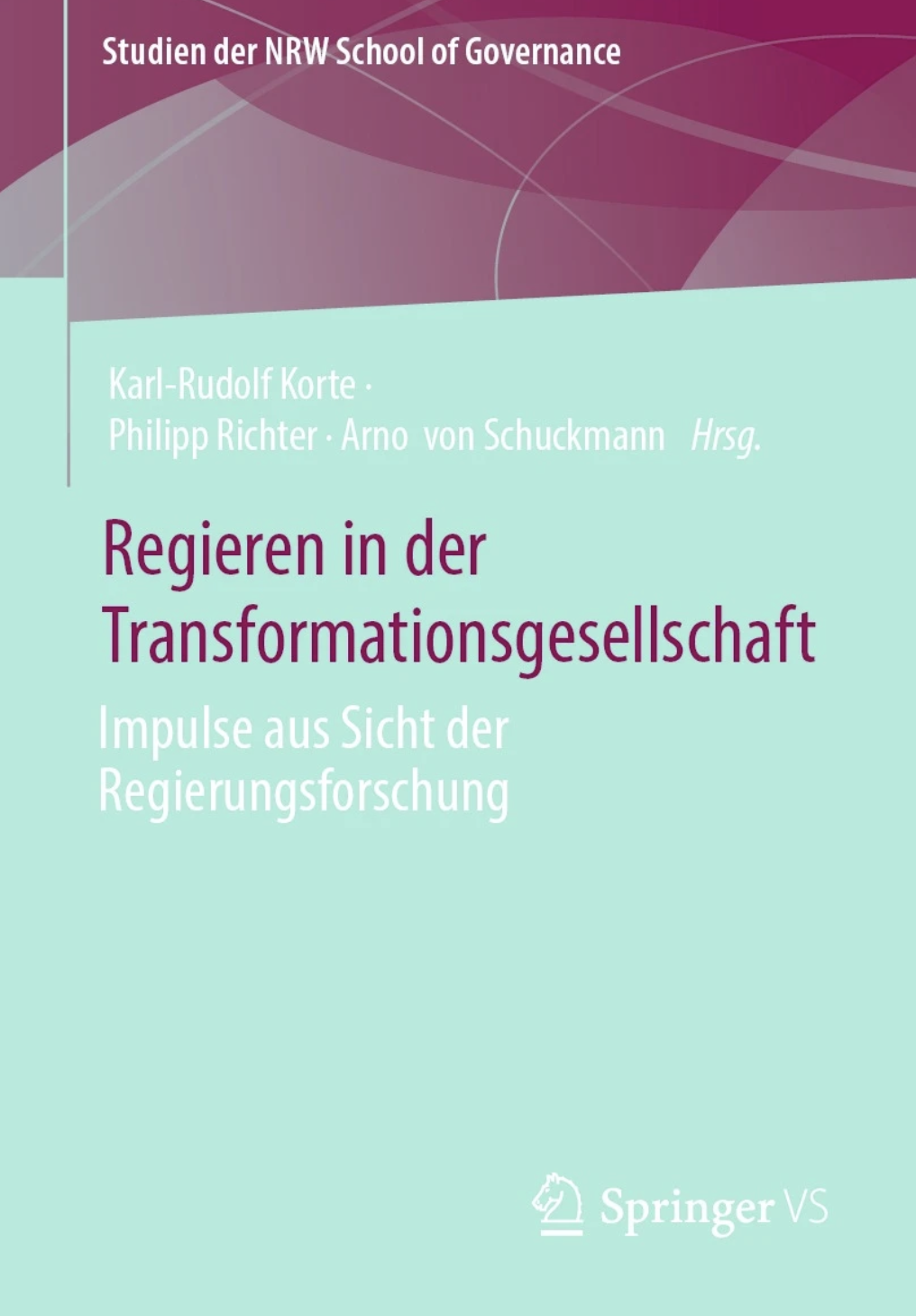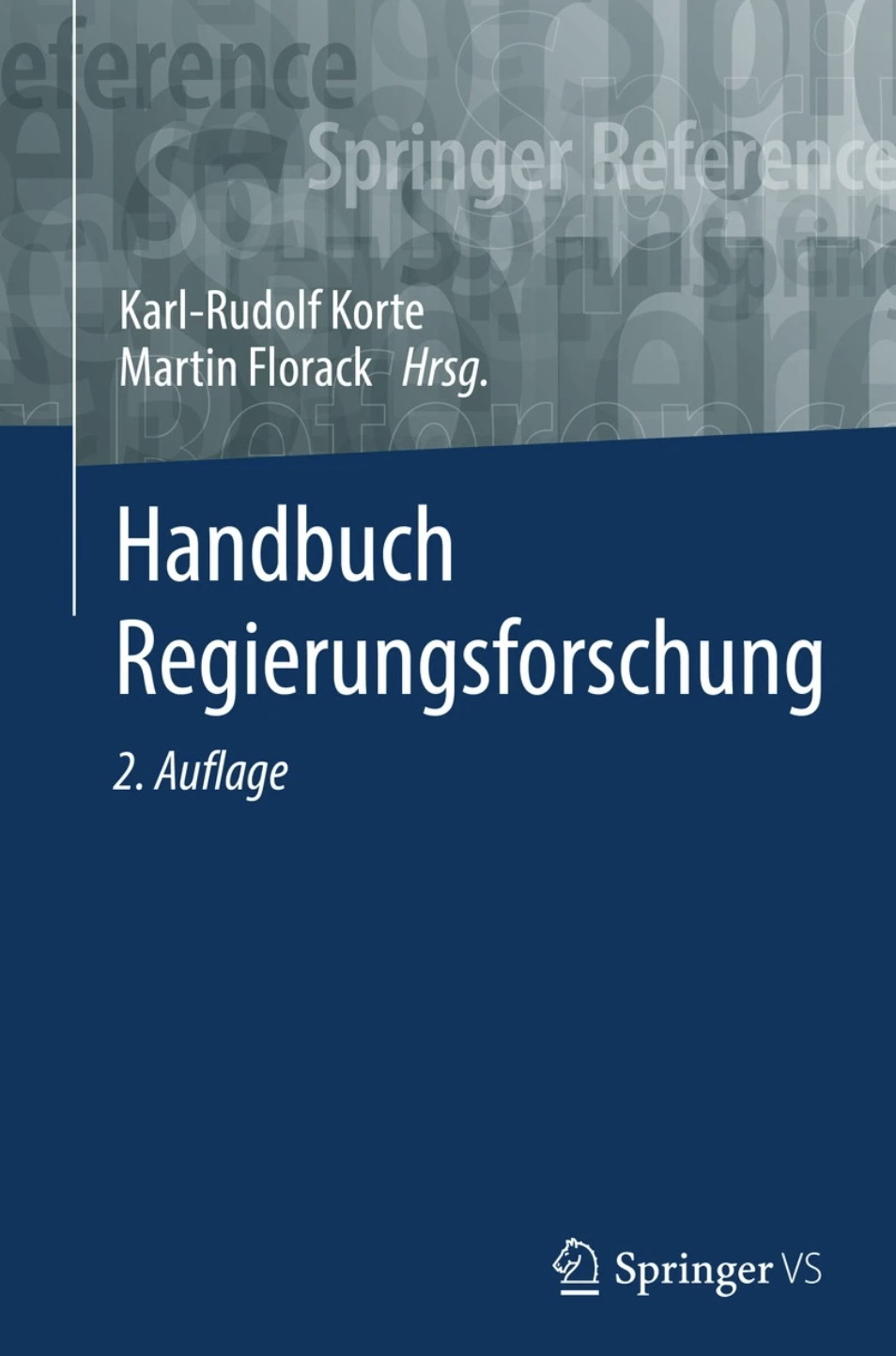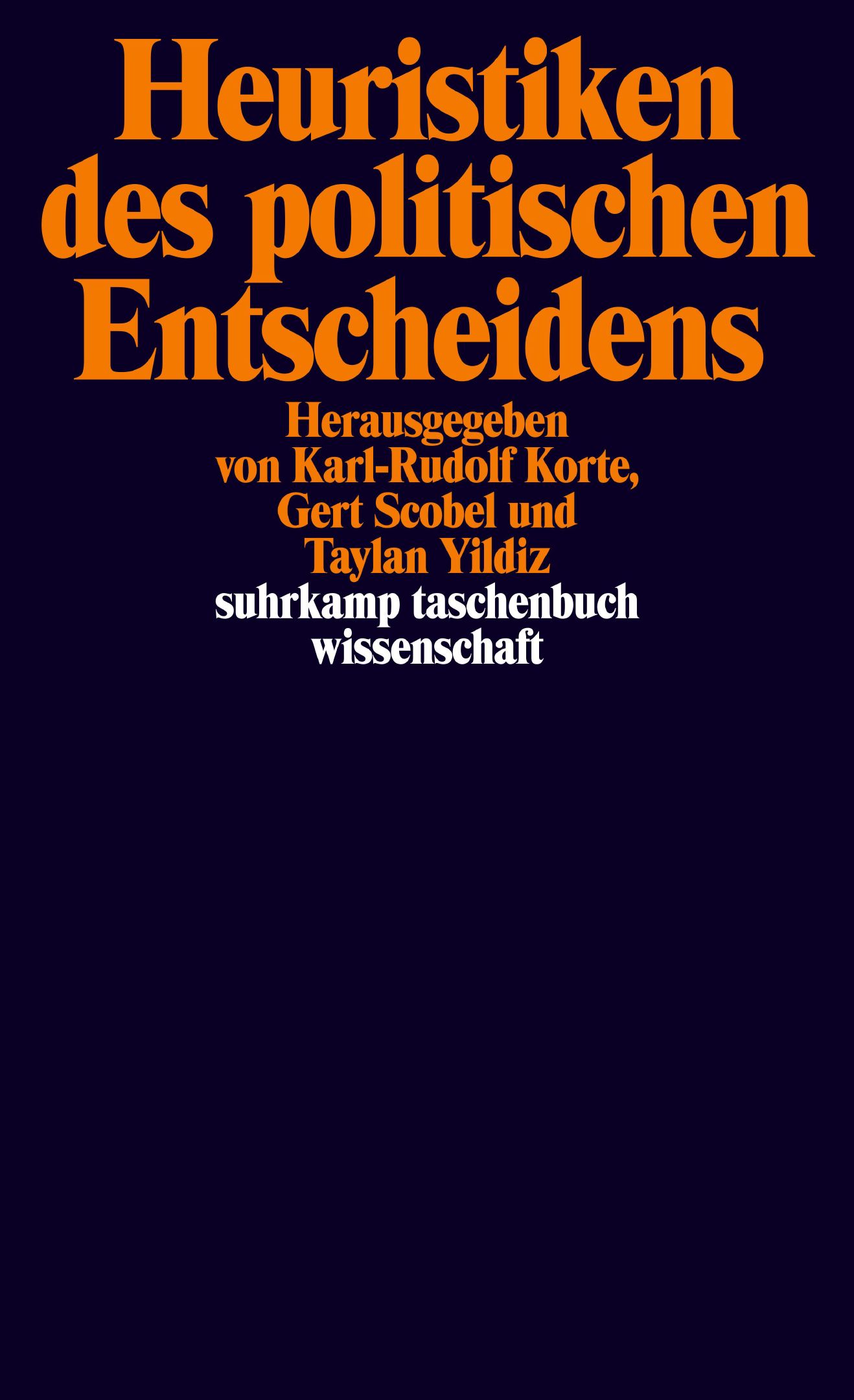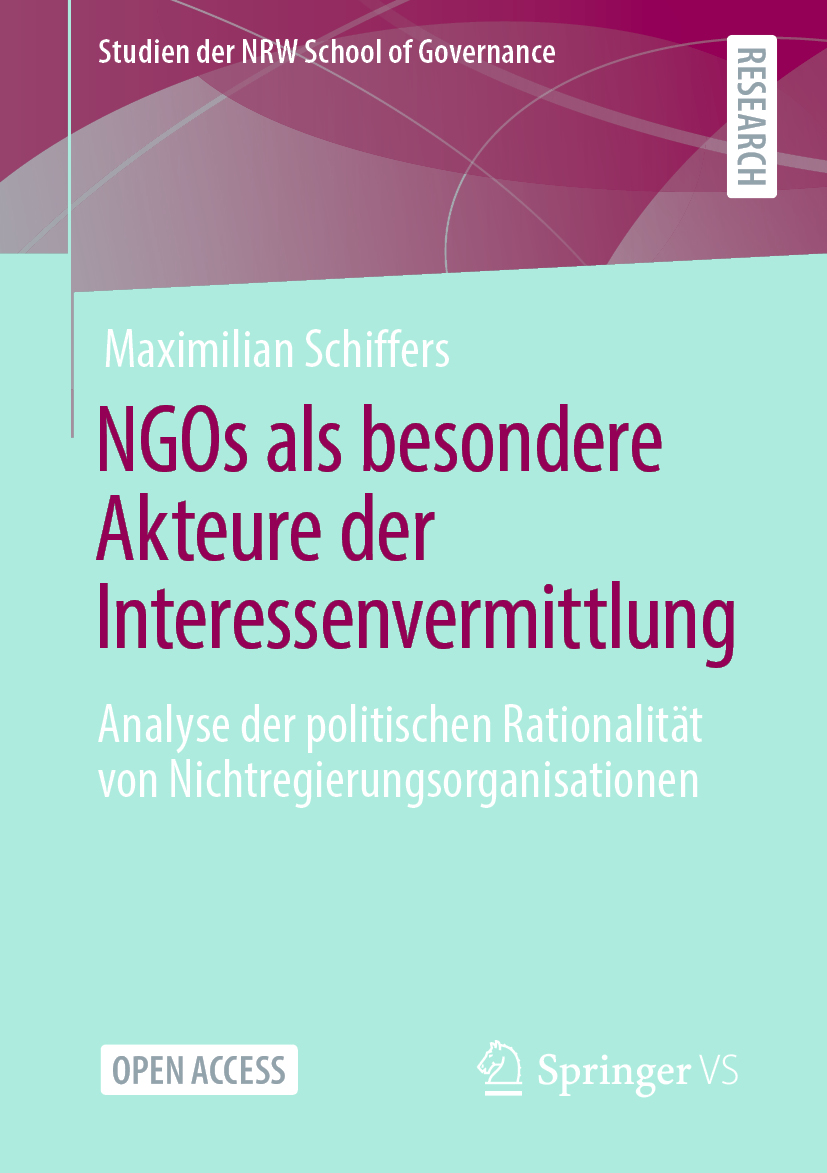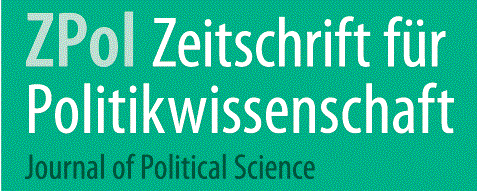 Aktuell findet in Hamburg mit der General Conference des European Consortium for Political Research (ECPR) die größte europäische Konferenz der Politikwissenschaft statt. Über 2000 Forscherinnen und Forscher aus der ganzen Welt nutzen in jedem Jahr die Gelegenheit, um sich über aktuelle Forschungsprojekte auszutauschen und an über 500 Panels teilzunehmen.
Aktuell findet in Hamburg mit der General Conference des European Consortium for Political Research (ECPR) die größte europäische Konferenz der Politikwissenschaft statt. Über 2000 Forscherinnen und Forscher aus der ganzen Welt nutzen in jedem Jahr die Gelegenheit, um sich über aktuelle Forschungsprojekte auszutauschen und an über 500 Panels teilzunehmen.
Eine Programmübersicht und weitere Informationen sind auf den Seiten der ECPR zu finden.
Auch Forscherinnen und Forscher der NRW School of Governance sind vor Ort aktiv. Hier können Sie sich vorab über die Themen und Vorträge unseres Teams auf dem Kongress informieren:
Die NRW School of Governance auf der ECPR 2018
 Dr. Kristina Weissenbach organisiert und leitet gemeinsam mit Gideon Rahat die Section “New parties in Europe. A Comeback for the Parties or Just Another Symptom for Their Decline?“.
Dr. Kristina Weissenbach organisiert und leitet gemeinsam mit Gideon Rahat die Section “New parties in Europe. A Comeback for the Parties or Just Another Symptom for Their Decline?“.
Abstract
A “wave of new parties” is currently rocking the European Union member states: Looking only at the elections in 2015, 2016 and 2017, in 23 EU member states 31 new political parties have entered national parliaments. Political parties such as the Italian Five Star Movement, the Spanish Ciudadanos and Podemos, the German Alternative, the Greek parties To Potami, ANEL or the left Syriza as well as the French La République en Marche are part of this wave. Those parties differ not only regarding their categorization on the left-right-axis, but also in terms of their genetic model, their organization, their financing or the way they organized their election campaigns. Moreover the emergence of those new parties affects the existing ‘old’ parties in the national party systems as well as the political parties at the European level.
 Dr. Isabelle Borucki, Nachwuchsgruppenleiterin des Projektes „DIPART – Digitale Parteienforschung. Parteien im digitalen Wandel“, leitet das Panel “New Parties and the Digital Era“.
Dr. Isabelle Borucki, Nachwuchsgruppenleiterin des Projektes „DIPART – Digitale Parteienforschung. Parteien im digitalen Wandel“, leitet das Panel “New Parties and the Digital Era“.
Abstract
The Digital Era not only stipulated new forms of movements and protest but also functioned as a catalyst for new parties like the French En Marche, the German Alternative or the Italian Five Star Movement. Those new parties grew directly with their organizations  in digital environments and therefore need no adaptation or transformation processes to digital communication channels like established parties. The new European parties of the 2010s thus where born in a ‘digital era’ – but are they all ‘digital natives’?
in digital environments and therefore need no adaptation or transformation processes to digital communication channels like established parties. The new European parties of the 2010s thus where born in a ‘digital era’ – but are they all ‘digital natives’?
Außerdem ist Borucki Diskutantin im Panel “Political Organisations and the Digital” und Leiterin des Panels “Digital Media and Politics“.
Abstract
Every political actor (governments, parties or interest groups) has to deal with the fundamentally changed media and communication outlets the Digital provides. Last European national elections showed populist shift, and social media shift since new and emerging political movements and parties (e.g. the French En Marche or German AfD) directly grew into social media. The panel assesses the external campaigning strategies and possibilities the Digital provides for enabling proactive external communications with potential voters, supporters and members.
 Auch Nachwuchswissenschaftler und Promovend im Projekt „DIPART – Digitale Parteienforschung. Parteien im digitalen Wandel“, Dennis Michels, stellt ein Paper vor. Im Rahmen des Panels “New Parties and the Digital Era” hält er eine Präsentation zu seinem Promotionsprojekt “How does party members’ online communication impact on intra-party discourses? A conceptual view“.
Auch Nachwuchswissenschaftler und Promovend im Projekt „DIPART – Digitale Parteienforschung. Parteien im digitalen Wandel“, Dennis Michels, stellt ein Paper vor. Im Rahmen des Panels “New Parties and the Digital Era” hält er eine Präsentation zu seinem Promotionsprojekt “How does party members’ online communication impact on intra-party discourses? A conceptual view“.
 Dr. Sebastian Stier, Vertreter der Professur von Prof. Dr. Christoph Bieber, stellt zwei Paper vor. Im Rahmen des Panels “Strategies and Tactics of Right-Wing-Populists: Entering Politics Through the Digital Door” präsentiert er ein Paper mit dem Titel „Populism as a Campaign Strategy: Individual, Political and Structural Determinants of Populist Party Communication on Social Media“.
Dr. Sebastian Stier, Vertreter der Professur von Prof. Dr. Christoph Bieber, stellt zwei Paper vor. Im Rahmen des Panels “Strategies and Tactics of Right-Wing-Populists: Entering Politics Through the Digital Door” präsentiert er ein Paper mit dem Titel „Populism as a Campaign Strategy: Individual, Political and Structural Determinants of Populist Party Communication on Social Media“.
Gemeinsam mit einem Team der GESIS stellt er ein Paper mit dem Titel “Improving the Measurement of Political Behavior by Integrating Survey Data and Digital Trace Data” im Panel “Innovations in Survey Sampling” vor.

Dr. Niko Switek leitet das Panel “Inside New Parties: Party Members and Party Organization“.
Abstract
There is no guarantee for the ‘lifetime’ of a party: in democratic political systems parties emerge but also disappear – sometimes out of the sudden. As changing circumstances push parties to change, renew or reinvent themselves, a key to party survival is precisely their ability to adapt to ever-changing social, political and electoral realities. To adapt to these realities, often parties must undergo change, including institutional reforms regarding their organization and their membership. The panel focus on this issue: How do new vs. old parties adapt to the aforementioned changing realities? How do new parties affect old parties? (How) Do they change in organizational terms? Do we have a new type of parties?
Gemeinsam mit Prof. Dr. Eric Linhart von der Technischen Universität Chemnitz präsentiert Switek darüber hinaus ein Paper mit dem Titel “New Coalition Models as Alternatives to CDU-SPD Grand Coalitions on the Subnational Level in Germany“.
Wir wünschen Ihnen und euch eine erfolgreiche Konferenz.

